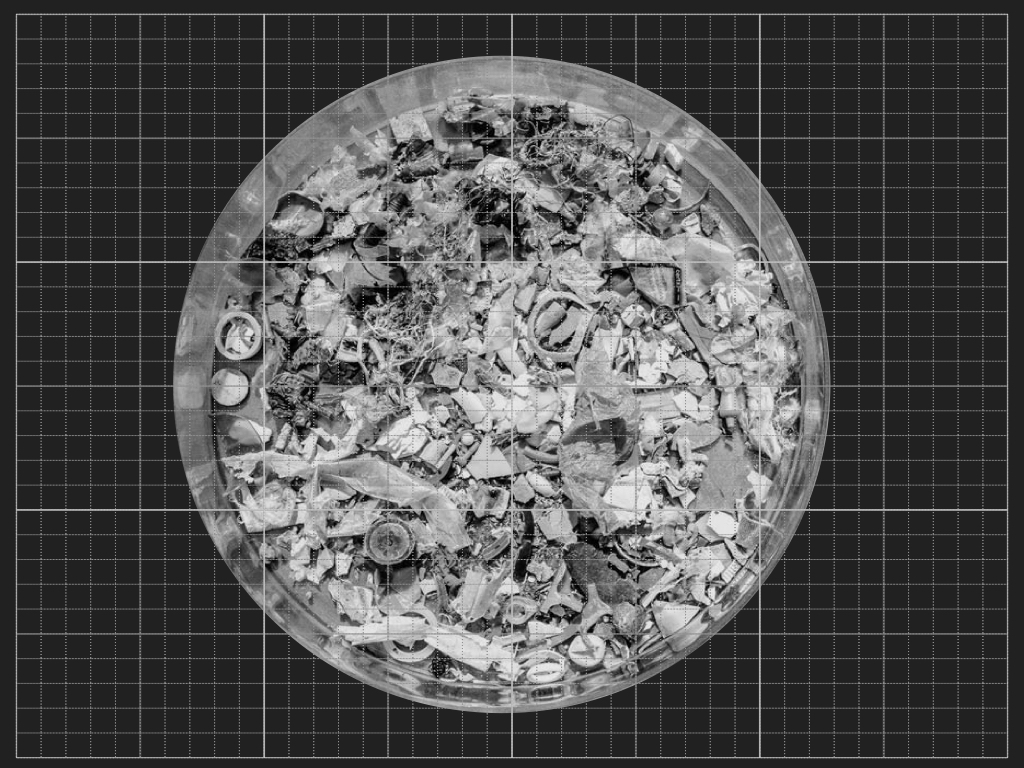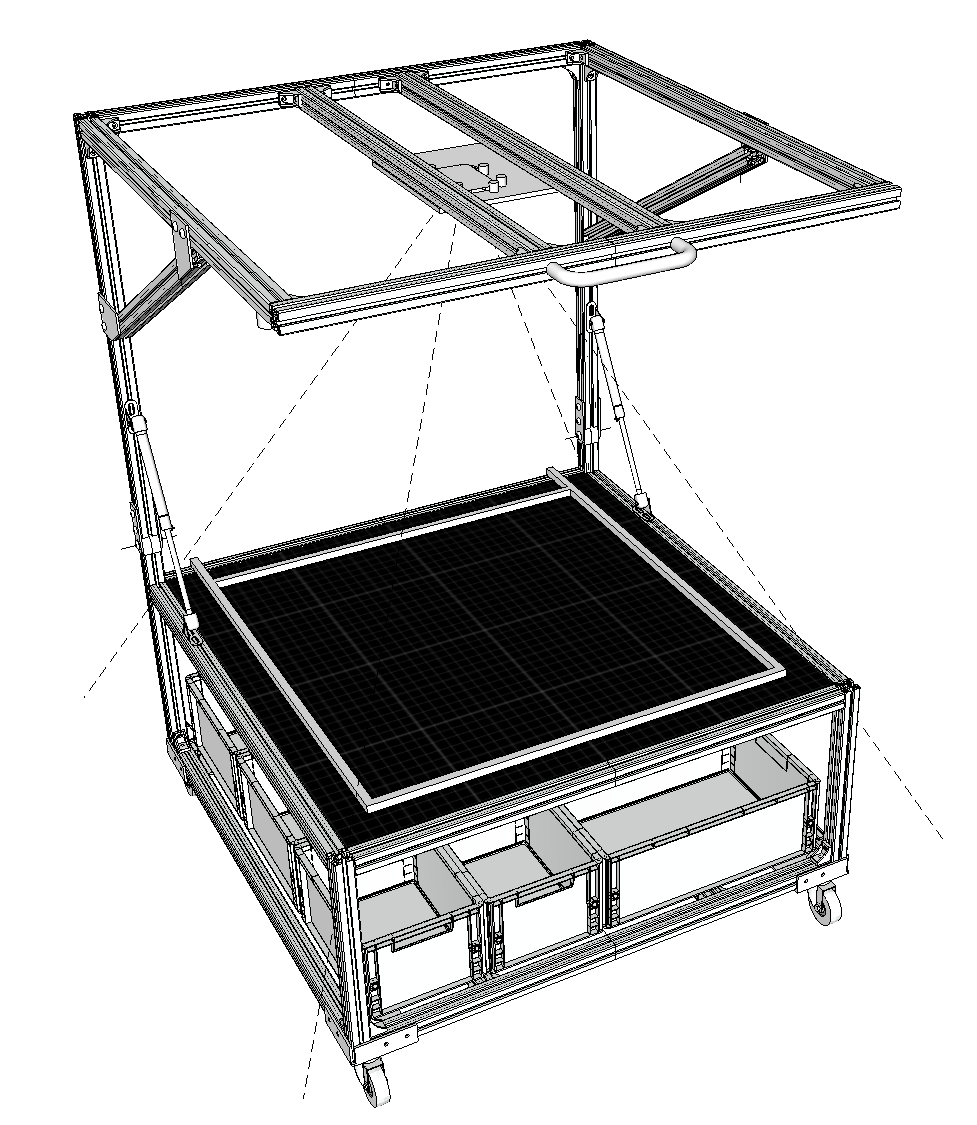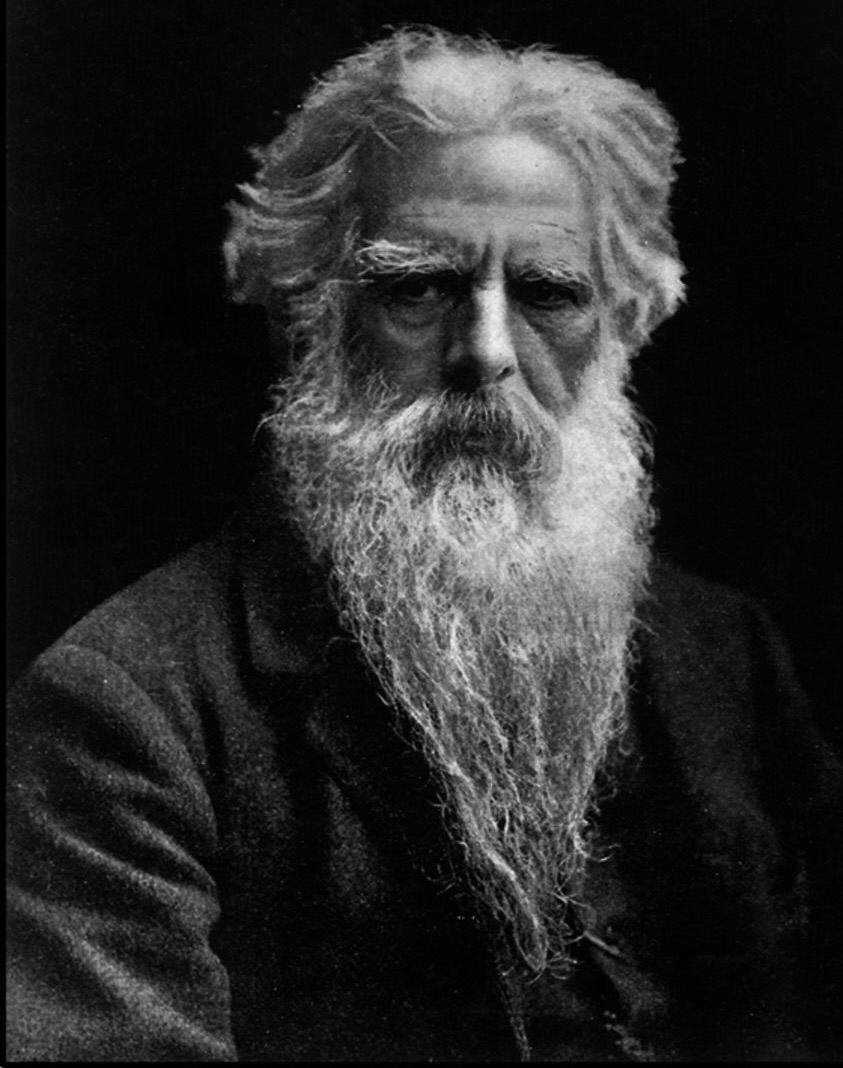What’s preventing us from coordinating efforts to extract human waste from the oceans, analyse true causes and impacts, and use existing resources to address this issue?
The Muybridge Project is an ambitious initiative focused on extracting human waste, primarily plastics and packaging, from the seas on an unparalleled, coordinated scale. This project envisions coastlines as “sponges,” actively absorbing the waste rejected by the sea with every tide. It aims to enhance cognitive understanding by vividly revealing the realities of our pollution like never before. The project ultimately seeks to stimulate much-needed shifts in a global mindset by providing unprecedented, visual, and profound insights into the true impact of this issue on the natural environment.
The daunting challenges surrounding the proliferation of plastic have been a critical concern of BoARD for many years. Only recently, by collecting waste from a stretch of coastline in Kent daily over a month, have we begun to truly comprehend the full pervasiveness of this problem with our own eyes—and it’s alarming.
Beyond Imagination
The increasing impact of human waste in the seas and oceans is one of civilisation’s most destructive signatures of the global meta-crisis and one of the most urgent environmental challenges affecting the health of all living creatures on Earth. A recent report from Prof. Martin Scheringer, President of the Food Packaging Forum Foundation in Switzerland, revealed that PFAS (polyfluoroalkyl substances) are now present in all water ecosystems—from oceans to rainwater to breast milk—at levels significantly higher than previously considered a ‘risk to health’.
The scientific work taking place worldwide to better understand the causes, impacts, and responses to this discovery is highly complex. Approaches, definitions, and consensus on solution sets remain fractured. The challenge is further complicated by the fact that the chemical makeup of these materials is deeply intertwined with nearly all activities and economics of modern civilisation. However, growing voices see this problem as a symptom of a wider meta-crisis. These voices, including Prof. Martin Scheringer, overwhelmingly conclude that only a change in global mindset will impact what is now a hidden crisis beyond imagination.
Our Response
As with many of today’s seismic challenges, policy, bureaucracy, and risk assessments have so far failed. Even the most excellent laboratory work lacks a wide enough psychological net to stimulate change on the scale needed to address the root causes at a civilizational and cultural level. But BoARD approaches things from a different angle. Our language is anchored in deep creativity; we are vision-first and visual thinkers. We understand that the missing link in approaching most issues is first establishing a deep and embodied understanding. This level of embodiment can only begin if the issue can be seen, observed, visualized, watched, heard, felt, or experienced by a critical mass.
Coastal Workers: The idea involves assigning a voluntary Coastal Worker to every kilometre of England’s coastline—that’s approximately 5,000 volunteers at any one point! The project envisions England’s shores as a “sponge,” actively pulling human waste from the coastlines by hand daily on a nationally coordinated scale.
While this might be considered enough, this is where most well-meaning initiatives stop. Some recycling is done, some awareness is raised, and then we all go back to consuming, producing, and inadvertently polluting. This is where the recovery work needs to start en masse.
Optical Sifting
While the scientific community delves into the complexities of chemical analysis, the Muybridge Project starts with a high-level yet granular approach known as ‘optical sifting,’ leveraging the latest advances in pattern recognition and machine learning. Instead of focusing on materials at a molecular level, Muybridge gathers visual data on an unprecedented scale, coordinated through the valuable volunteer work of using smartphones and other accessible technologies.
Optical sifting is as straightforward as sifting for gold. It involves hands-on gathering of waste material, laying it out on a large-scale gridded plate or ‘pan,’ and photographing it from above with a smartphone camera. This image is then shared with a central server along with geolocation, date/time, and any optical settings. The server sifts the image pixel by pixel for initial deep analysis. Patterns in shape, colour, size, translucence, texture, and graphics are gathered and analysed almost instantaneously, building a granular data set for infinite further analysis.
With thousands of images being analysed from coastlines daily, AI technology constructs its own pattern models, learning from each ‘sift.’ These data sets and models can then develop calculated assumptions about the chemical and material makeup of fragments and their sources—whether from land-based activities, nautical industries, fisheries, specific countries, or even specific producers.
Even at this early ideation stage, the potential for this data is profound. Over time, further analysis models will inevitably emerge, and the cumulative data sets and essential visual material will be made public, open-source, and available for repeat analysis going forward.


Deep Analysis
Realtime Analysis: The Project goes further by recording and analyzing every speck of waste collected, backed by photographic data. Using the accumulated intelligence, data, and insights, Muybridge can produce tailored real-time reports sent directly to specific industries, organizations, regulators, local authorities, researchers, and even specific producers. This creates homogeneous channels of information-sharing, real-time visual reporting, and, critically, a cross-border, intercultural visual language that everyone can congregate around.
Goals
Coastal Workers! To achieve our mission, we aim to have one Coastal Worker assigned to every kilometre of coastline, every day, by next summer. That could mean around five thousand workers on shift at any one time! For our pilot, we are looking to collaborate with individuals who have expertise, connections, and knowledge around the coast of Thanet. This includes people in recovery, the incarcerated, the homeless, as well as researchers, photographers, educators, existing related initiatives, local businesses, and potential sponsors.
We are seeking funds to roll out initial tests and a pilot over the next few months. Pilots, prototyping, and experimenting start now.
The Muybridge Pan
Key to facilitating a homogeneous dataset is a unified format for collecting data. We envision this as an easily replicable 4-foot square surface with a standardised grid scale, which can be duplicated locally with relative ease. Similar to sifting for gold, approximately 25 litres of hand-collected waste from coastlines can then be spread out on the pan for photography. The crucial element is a generic frame design designed to support an overhead camera setup, ensuring consistency of formats across locations.

The Muybridge ‘Pan’ v1.0
The initial iteration for a mobile Muybridge Pan for initial testing. The overhead framework angles down to position and stabilise a smartphone, while the underside provides storage for sorting and collecting items for further analysis. (It is anticipated that future models can be significantly simplified depending on local resources)
Why Muybridge?
Visual Understanding: Eadweard J. Muybridge was a trailblazer in the early history of photography, known for his dramatic and innovative use of available technologies to expose new ways of seeing. His studies on motion analysis provided the public with a visual understanding of movement for the first time, answering previously unanswered questions about the natural world and physics.
From Imperceptible to Perceptible: We draw deep inspiration from Muybridge’s innovative and unconventional approaches to tackle one of the most challenging questions of the 21st century: human waste pollution. This project helps us, for the first time, see in graphic detail and understand the harm-externalizing behaviours of habits and arguably antiquated business models, which until now have remained imperceptible, invisible to most of us, and too easily ignored.

Support this project!
We exist to stimulate transformation, not profit. We aim to sustain a healthy existence through selected strategic consultations and collaborations, occasional grants, and most importantly, the support of individuals who share our vision.





